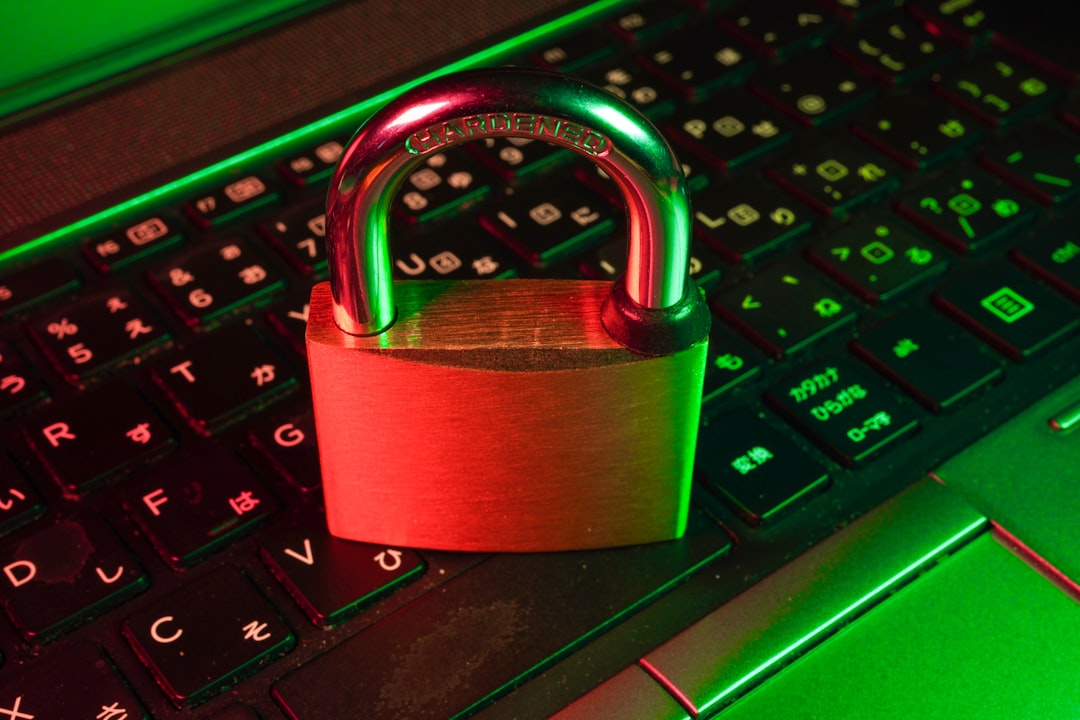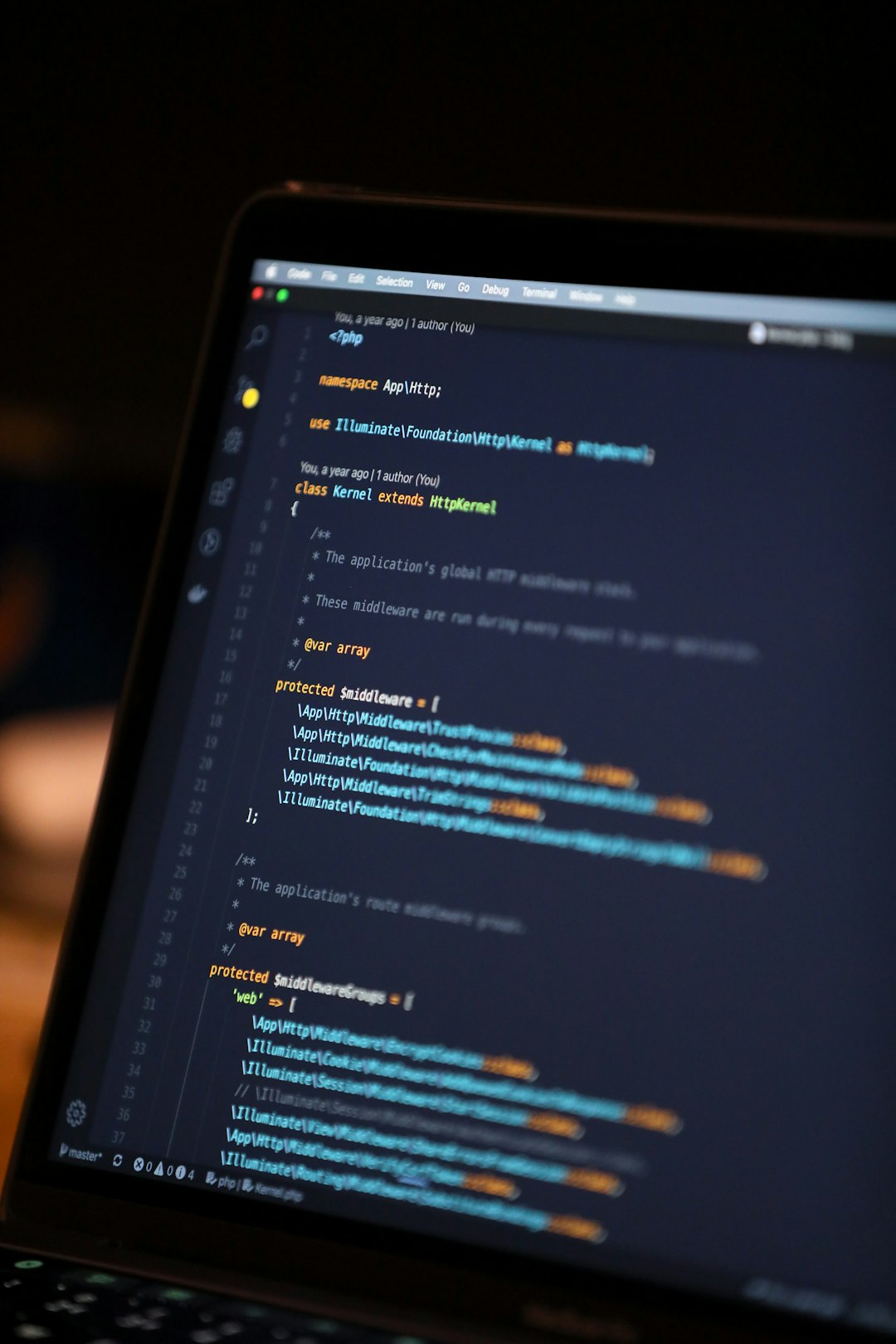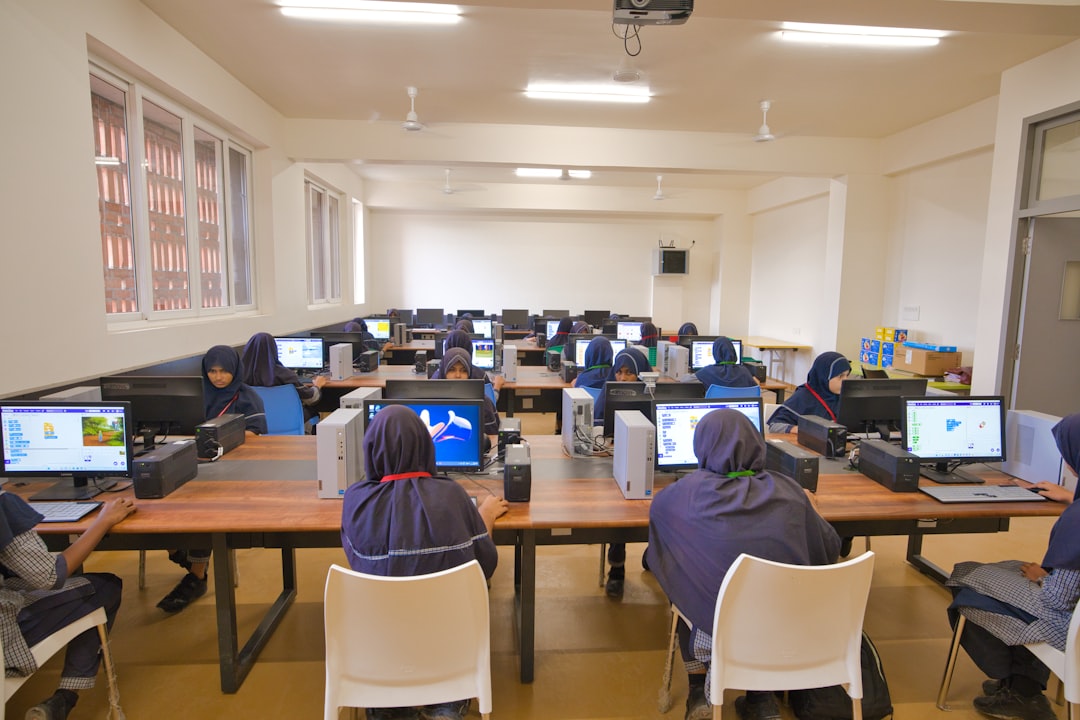Cyber Intelligence Centre Staffing: Roles, Skills, and Shifts
4 min read
Imagine a team of digital detectives, data wizards, and cyber superheroes working together in a high-tech control room. That’s what you’ll find in a Cyber Intelligence Centre (CIC). These centers watch over networks, analyze threats, and defend against cyber attacks 24/7. But who are the people behind the screens? What do they do? And how do they stay sharp in a world that never sleeps?
What Is a Cyber Intelligence Centre (CIC)?
A Cyber Intelligence Centre is like a mission control for cybersecurity. Think of it as the headquarters where cyber experts detect, monitor, and respond to digital threats. Some call them Security Operations Centers (SOCs), but CICs often go beyond monitoring — they use intelligence to predict and prevent attacks before they happen.
It’s a big job. So, CICs need a well-trained team. Let’s explore who’s on that team, what skills they need, and how they work in shifts to keep the world safe.
Who Works in a CIC?
The CIC staff has many roles. Each one is important. Here’s a breakdown of the main roles you’ll find:
- Security Analysts: The front-line defenders. They monitor alerts and deal with real-time threats.
- Threat Hunters: Proactive experts who search for hidden threats that go undetected.
- Incident Responders: The firefighters of the cyber world. They manage and fix security breaches.
- Cyber Intelligence Analysts: They gather information from around the world to understand hacker behaviors and motives.
- Security Engineers: They build and maintain the tools analysts use to monitor attacks.
- Forensics Experts: Investigators who dig deep into affected systems after an incident.
- Shift Managers: They coordinate the team and ensure handovers go smoothly between shifts.

Skills Every CIC Staff Member Needs
It’s not just about knowing firewalls and passwords. To thrive in a CIC, staff need a mix of technical skills and personal qualities. Here’s what makes a great team member:
- Attention to Detail: A tiny clue can uncover a big threat.
- Fast Thinking: Cyber attacks move quickly, and so must the defenders.
- Problem-Solving: Every incident is a mystery that needs solving.
- Technical Know-how: Knowledge in networking, operating systems, and security tools is key.
- Communication: Cyber warriors must explain threats to teammates and clients clearly.
- Teamwork: No one defends cyberspace alone!
Many CIC workers also earn certifications such as:
- CompTIA Security+
- Certified Information Systems Security Professional (CISSP)
- Certified Ethical Hacker (CEH)
- GIAC Cyber Threat Intelligence (GCTI)
How Do CICs Run 24/7?
CICs never sleep. That means someone is always watching for danger. To do that, teams work in shifts.
Most CICs use a rotating schedule. Here’s how it usually works:
- Shift 1 – Morning: Handles overnight systems logs, morning reports, and early incidents.
- Shift 2 – Evening: Takes over midday, continues analysis, and prepares for any nighttime threats.
- Shift 3 – Night: Monitors while the rest of the world sleeps, often catching sneaky off-hour attacks.
Sometimes, teams work four days on, three days off. Some centers also have “follow-the-sun” staffing models, where teams in different countries take over as their day begins. This helps reduce burnout and keep operations smooth everywhere.

Entry-Level Roles and Career Growth
You don’t need to be a cyber genius to start. CICs hire people fresh out of school. Entry-level roles include:
- Junior Security Analyst
- IT Support with Cyber Focus
- Security Administrator
From there, you can grow into more advanced roles:
- Senior Threat Analyst
- Incident Response Coordinator
- Cyber Intelligence Lead
- CIC Manager or Director
Growth happens through experience, certifications, and continuous learning. Cyber threats evolve, so learning never stops.
Cool Tools and Tech Used in CICs
CIC staff depend on powerful tools to do their job. These tools help detect, analyze, and respond to threats efficiently. Some common tools include:
- SIEM: Security Information and Event Management systems like Splunk or IBM QRadar.
- Endpoint Detection and Response (EDR): Tools like CrowdStrike or SentinelOne.
- Network Monitoring: Tools like Wireshark or Zeek.
- Threat Intelligence Platforms: These collect info on latest threats globally.
- Automation Tools: SOAR platforms help speed up investigations.
It’s like a toolbox full of gadgets, each designed to uncover new cyber crimes!
Challenges CIC Staff Face
CIC jobs are exciting, but also tough. Here are some challenges staff often face:
- Alert Fatigue: Too many alerts can overwhelm even experienced analysts.
- Fast-Evolving Threats: New types of malware appear daily!
- High Pressure: Responding to an active cyber threat is stressful.
- Shift Work: Rotating shifts can interrupt sleep and life routines.
But for many, the thrill of stopping a cyber attack is totally worth it.
How CIC Teams Stay Sharp
Cyber teams must constantly improve their skills. They do this through:
- Training Sessions: Internal workshops or external bootcamps.
- Capture the Flag (CTF) Games: Fun competitions that test hacking and defense skills.
- Certifications: Earning new credentials keeps knowledge fresh and in-demand.
- Threat Simulations: Test reactions to mock attacks in a safe environment.
Learning is always on the schedule!

Why It All Matters
We live in a digital world. That means we need digital heroes to protect it. Every time you use a bank app, order food online, or send an email, CIC teams help keep that action safe.
CIC staffing isn’t just about putting warm bodies in chairs. It’s about building a flexible, skilled, alert team that works together like clockwork. From night owls to morning experts, every role is vital.
Final Thoughts
Cyber Intelligence Centres work quietly in the background, protecting our digital lives. Staffed with sharp thinkers, fast responders, and tech lovers, CICs are the guardians of our virtual world.
If you enjoy solving puzzles, thinking fast, and fighting digital crime, maybe there’s a seat for you in the CIC of the future!



